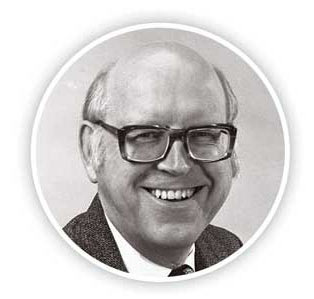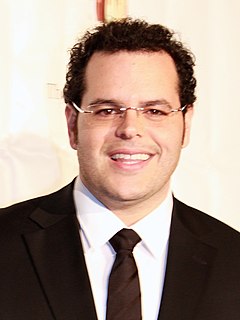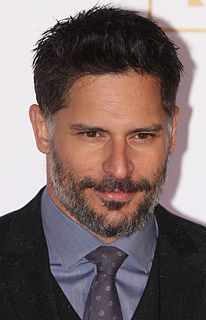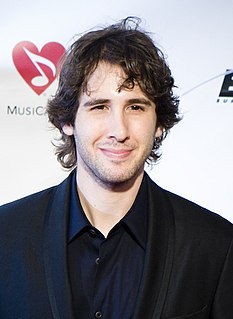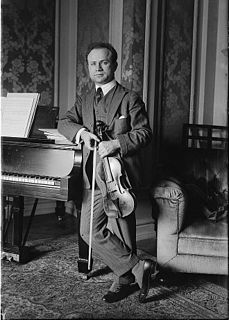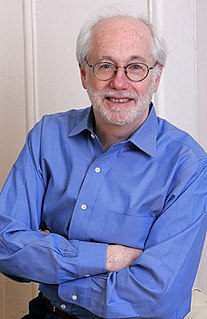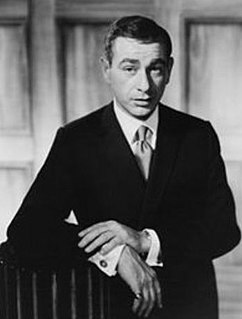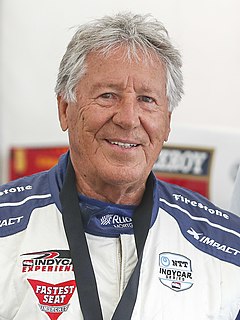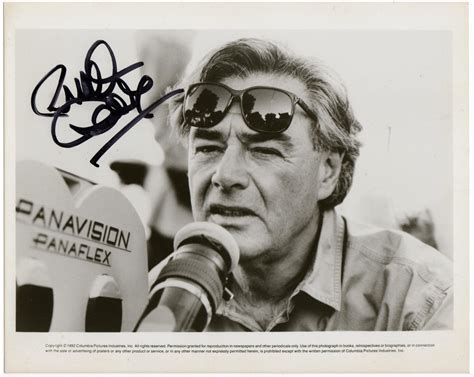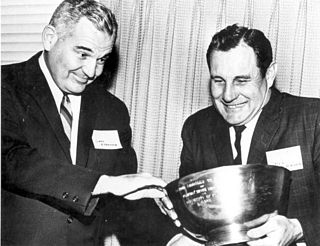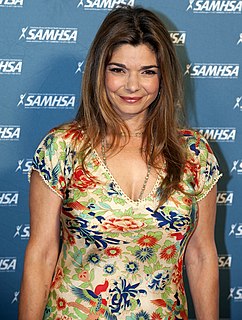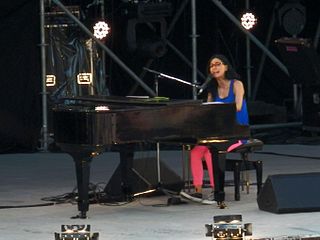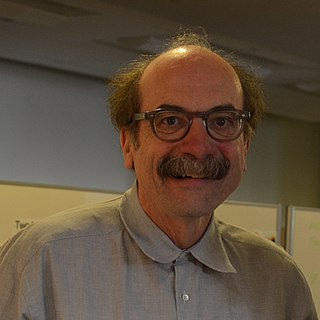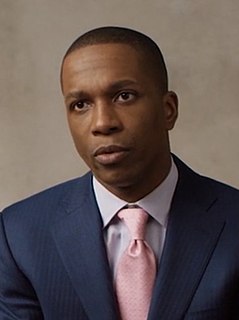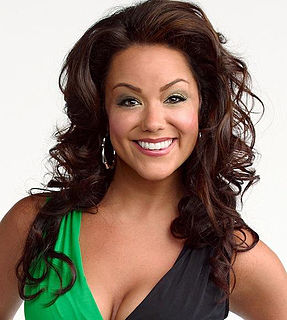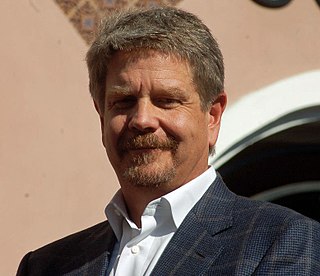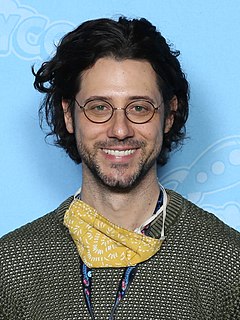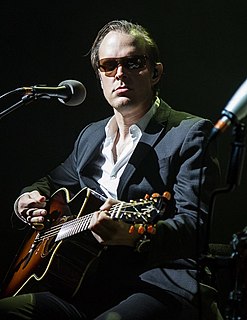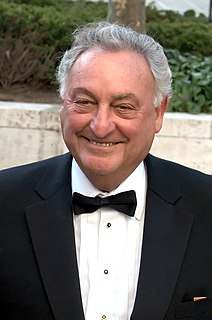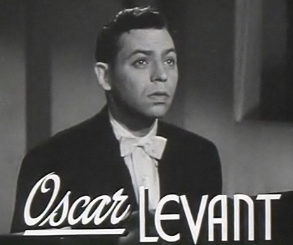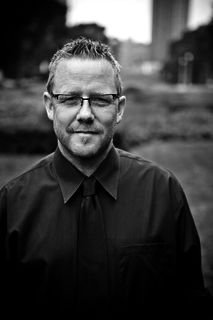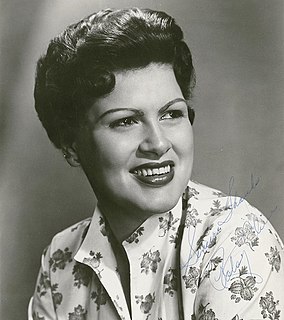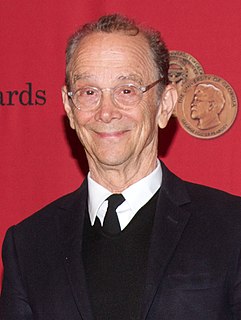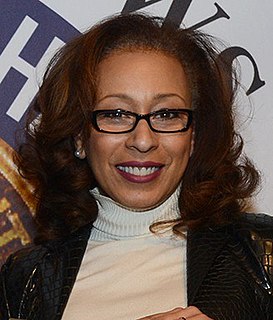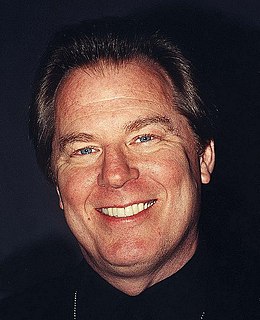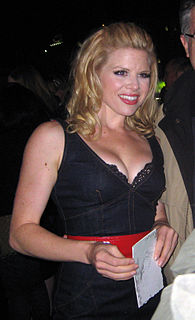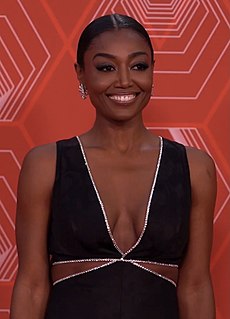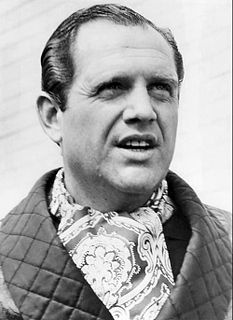Top 152 Carnegie Mellon Quotes & Sayings
Explore popular Carnegie Mellon quotes.
Last updated on April 14, 2025.
I was in college - Carnegie Mellon, which is one of the reasons Pittsburgh was appealing to me - and I personally feel that whole world of what we used to call "college radio" is a big part of what kept me sane through a period where I stopped dating, I felt like a freak, I felt like no girl would like me. You know, a very adolescent response to losing my hair. I turned to obsessing about The Replacements and The Smiths and R.E.M. and getting further into The Velvet Underground. People who, in my sheltered suburban life, I knew of, but didn't know fully.
In joint scientific efforts extending over twenty years, initially in collaboration with J. C. Shaw at the RAND Corporation, and subsequently with numerous faculty and student colleagues at Carnegie-Mellon University, they have made basic contributions to artificial intelligence, the psychology of human cognition, and list processing.
I actually met one of my business partners [Neal Dodson] at the Governor's School summer program, so we've known each other since we were 15 and 16 years old, and we both ended up at Carnegie Mellon together. He started working for a producer out of school after a few years, and then we started the company together.
I went to drama school for four years at Carnegie Mellon, conservatory training before television comedy. I was doing Shakespeare and Chekov plays. It's about delivering on the promise of a $100,000 education and taking the shackles off and trying the hand at my craft. I'm thrilled with what I've seen so far.
My first job was a show called The Others. I had, like, three lines. Julianne Nicholson was in it, and Gabriel [Macht]. I remember Gabriel wasn't there the day I was, but he sent a note, because he went to Carnegie Mellon as well, so we knew each other a little bit through that, and he was so sweet and generous. It was meant to be a recurring role that would evolve on the show, but the show only lasted a little while and I ended up only doing that one episode.
One of the first gardens I did outside the family was for the designer Hattie Carnegie. I was 23 then, and I went to her salon, but could not afford any of her dresses myself, though I loved them. Miss Carnegie suggested I do a garden in exchange for a coat and dress, and so I designed and planted a garden for her.
We played Carnegie Hall, and that was one time where I felt... Carnegie Hall as a legendary, very venerable place to perform. I'd never heard of anyone going into the Hall and kind of standing on the seats and playing throughout the aisles and having the audience stand on the seats. So when we did that in 2013, even for me it was a shock.
I think this kind of bohemianism doesn't really exist in the New York city anymore - the bohemianism that I was trying to record in Carnegie Hall that completely defined our culture. The people who lived and worked in Carnegie Hall studios, they defined our culture in music, dance, theater, fashion, illustration. It wasn't so much nostalgic as a celebration of that and an acknowledgment of that and saying that it's really important. And it's actually something that is a loss for the city, I think.
Long John would sometimes hold his interviews in the Carnegie Delicatessen, which is the most famous delicatessen in New York up by Carnegie. Let's see, 57th Street, you're down to like 50th Street and 7th Avenue... You'd go in there and everybody would be eating a heart attack on a plate, pastrami, malts, that kind of stuff. But it literally was the place where Woody Allen would go.
When I was in college at Carnegie Mellon, I wanted to be a chemist. So I became one. I worked in a laboratory and went to graduate school at the University of Pittsburgh. Then I taught science at a private girls' school. I had three children and waited until all three were in school before I started writing.
Andrew Carnegie loved libraries; he knew their importance to an educated society and as anchors to our communities. And so, just as some loyal baseball fans travel to attend games at all 30 major league stadiums, over the last decade or so, I have slowly, casually, visited Carnegie libraries whenever I am on the road.
I became a member of the faculty at Northwestern University in 1965 but did not complete my thesis until two years later at a graduate ceremony at which Carnegie Institute of Technology became Carnegie-Mellon University. At Northwestern, I was mentored by the 'three Bobs:' Robert Eisner, Robert Strotz and Robert Clower.
Looking ahead, future generations may learn their social skills from robots in the first place. The cute yellow Keepon robot from Carnegie Mellon University has shown the ability to facilitate social interactions with autistic children. Morphy at the University of Washington happily teaches gestures to children by demonstration.
But if you get a kick out of "The Jerry Springer Show," you're going to love it! The idea of hearing these lyrics and profanities - like the chorus at the top of the show - the idea that we're going to hear it in Carnegie Hall is just genius. It's been written with real care! It's not some crappy little musical that somehow found its way off-Broadway with vulgar-intentions. This is really beautiful, operatic music. It has a place in Carnegie Hall.
I went to high school directly across the street from Carnegie Mellon, actually, and I knew people that were a couple of years older than me that went there. I was able to see shows in the drama department, and hang out there little bit, and it just felt like a natural progression. It was at the top of my list.
The 'snakebot', which is a type of mechanized, biologically inspired robot, itself has roots in Japanese laboratories of the 1970s. What the team at Pittsburgh-based Carnegie Mellon is doing today under professor Howie Choset is making the 'snakebots' stronger, smaller, and more maneuverable than ever.

